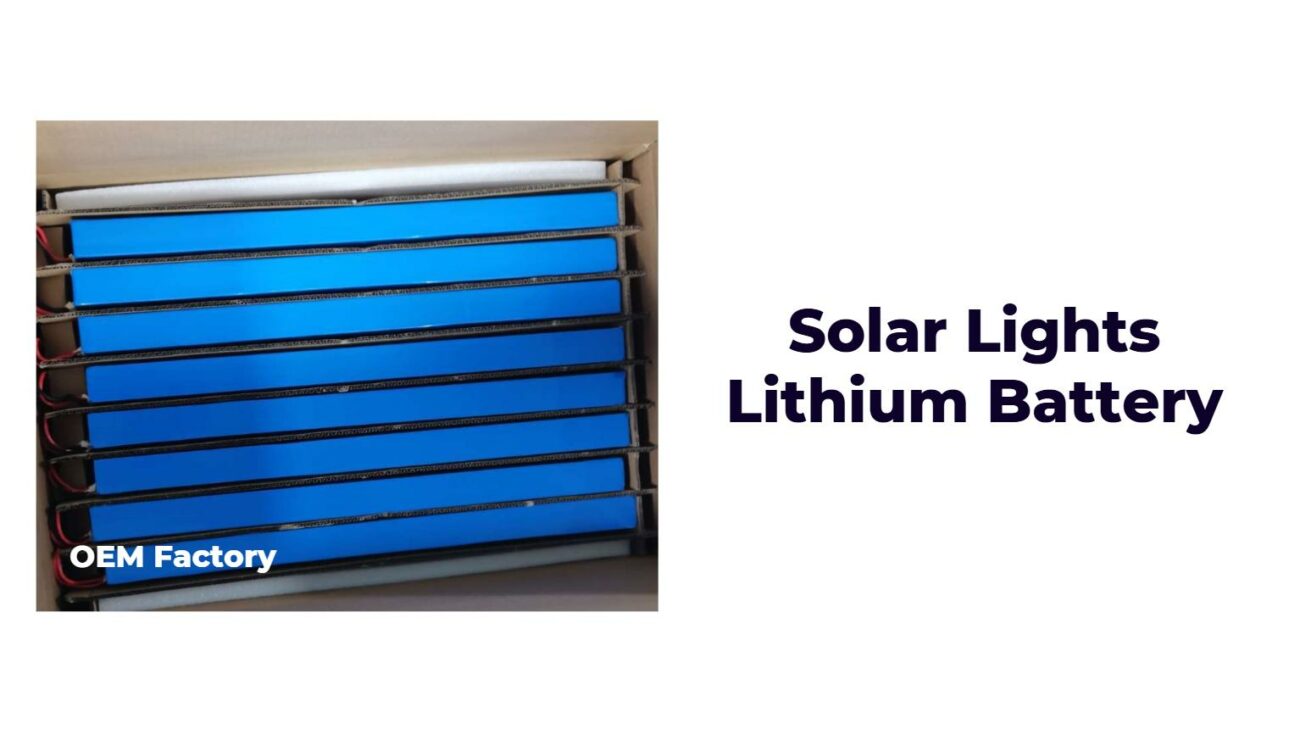Can I Use a Normal Battery for Solar? Understanding the Differences and Implications
Using a normal battery in a solar-powered device is generally not advisable. Solar lights typically require specialized rechargeable batteries, such as Nickel Metal Hydride (NiMH) or Lithium-ion (Li-ion), which are designed to handle the unique charging cycles of solar energy systems. This article explores the differences and implications of using regular versus rechargeable batteries in solar applications.
What types of batteries are suitable for solar lights?
The most suitable battery types for solar lights include:
- Nickel Metal Hydride (NiMH): These rechargeable batteries have a higher capacity than traditional Nickel Cadmium (NiCd) and are more environmentally friendly.
- Lithium-ion (Li-ion): Known for their efficiency and longer lifespan, Li-ion batteries are increasingly popular in modern solar lighting systems.
- Nickel Cadmium (NiCd): While still used, these have a lower capacity and suffer from memory effect, making them less desirable compared to NiMH and Li-ion.
Chart: Suitable Battery Types for Solar Lights
| Battery Type | Voltage | Capacity Range | Advantages |
|---|---|---|---|
| NiMH | 1.2V | 600mAh – 3000mAh | Higher capacity, less toxic |
| Lithium-ion | 3.7V | 2000mAh – 5000mAh | High energy density, long life |
| NiCd | 1.2V | 600mAh – 1200mAh | Durable, performs well in cold |
Why are normal batteries not recommended for solar lights?
Normal alkaline batteries are not suitable for use in solar lights due to several reasons:
- Non-Rechargeable: Alkaline batteries are designed to be disposed of after use and cannot handle the constant charging cycles required by solar systems.
- Performance Issues: They provide inconsistent power output and may not deliver sufficient energy over time.
- Environmental Hazards: Improper disposal of alkaline batteries can lead to toxic chemicals leaching into the environment.
What happens if you use regular batteries in solar lights?
Using regular alkaline or non-rechargeable batteries in solar lights can lead to several negative outcomes:
- Poor Performance: Regular batteries may lead to flickering or dim lighting due to their inability to sustain power.
- System Damage: Non-rechargeable batteries can leak or corrode, potentially damaging the battery compartment and electronic components of the light.
- Increased Costs: Frequent replacements due to poor performance can lead to higher costs over time.
Chart: Consequences of Using Regular Batteries
| Consequence | Description |
|---|---|
| Poor Performance | Flickering or dim lighting due to inconsistent power |
| System Damage | Leakage can corrode components |
| Increased Costs | Frequent replacements lead to higher expenses |
How do rechargeable batteries differ from normal batteries?
Rechargeable batteries differ from normal alkaline options in several critical ways:
- Rechargeability: Rechargeable batteries can be cycled through multiple charge/discharge cycles without significant loss of capacity.
- Chemical Composition: Rechargeable options often use safer materials and have lower environmental impacts compared to alkaline counterparts.
- Voltage Stability: Rechargeable batteries maintain a more stable voltage output over their lifespan, ensuring reliable performance.
Where can you find the right batteries for your solar lights?
You can find appropriate replacement batteries through various sources:
- Online Retailers: Websites like Amazon or specialized battery suppliers often have a wide selection of compatible options.
- Local Hardware Stores: Many local stores carry common sizes like AA or AAA rechargeable cells suitable for most solar lighting systems.
- Manufacturer Websites: Purchasing directly from manufacturers ensures compatibility with your specific model.
Expert Views
“Using high-quality rechargeable batteries is crucial for maximizing the efficiency and lifespan of your solar lighting systems. Choosing the right type that aligns with your device’s specifications will ensure optimal performance,” states Dr. Emily Carter, an expert in renewable energy technologies.
Frequently Asked Questions
- Can I use a normal battery in my solar lights?
No, regular alkaline batteries are not recommended as they cannot handle charging cycles and may cause damage. - What types of rechargeable batteries should I use?
Nickel Metal Hydride (NiMH) and Lithium-ion (Li-ion) are ideal choices for optimal performance. - What happens if I use regular batteries?
You may experience poor performance, system damage from leakage, and increased costs due to frequent replacements. - How do I know which rechargeable battery is right for my solar light?
Check your device specifications; most will require AA or AAA sizes that match voltage requirements. - Where can I buy suitable replacement batteries?
You can find them at online retailers, local hardware stores, or directly from manufacturer websites.

